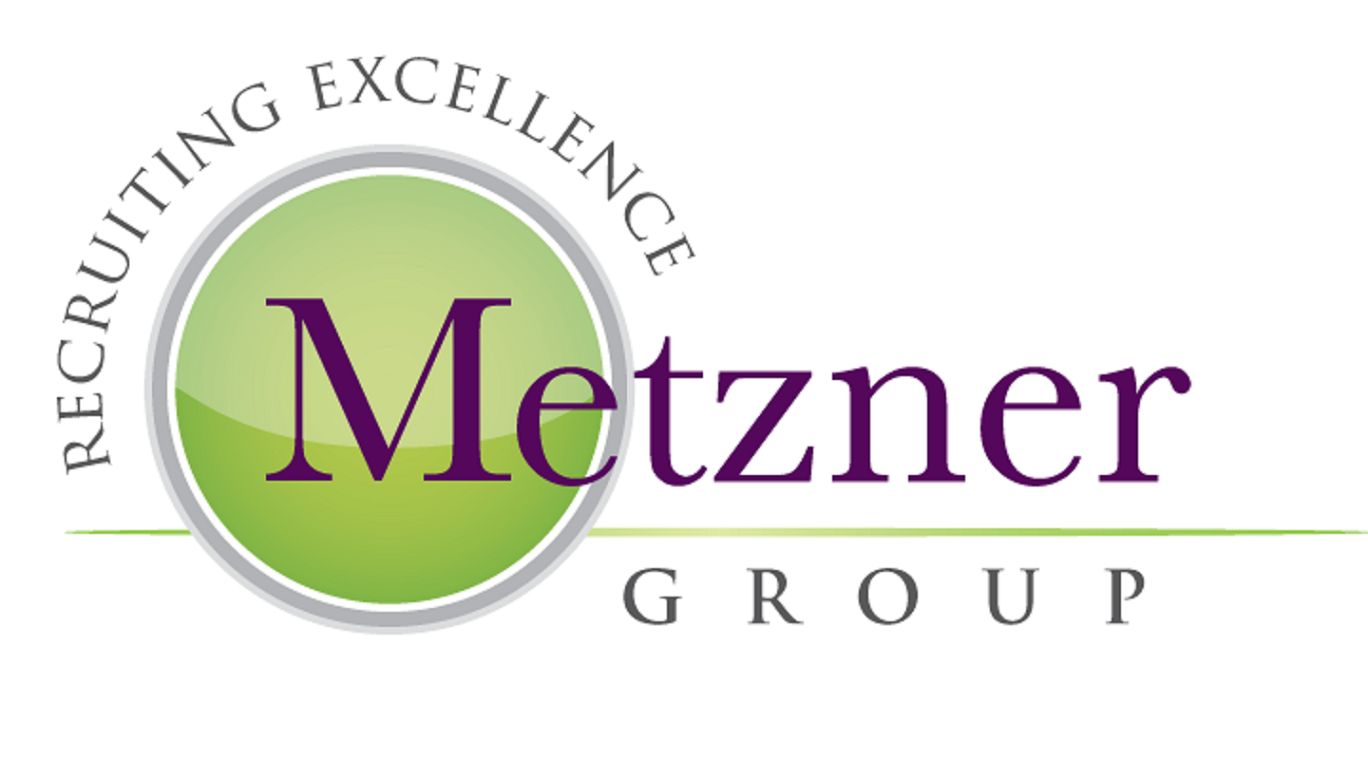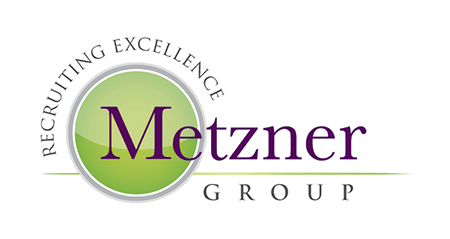The "Backdoor" Reference
April 8, 2020

We have all been asked for a list of references who can speak about our professional capabilities. These people are usually colleagues, clients, staff and/or supervisors. Most of us choose a broad base of folks from our network whom we anticipate will offer positive information about our talents. These "candidate approved" references can provide information across a variety of areas to enable employers to ascertain "fit" with a particular opportunity. Throughout my 30 years of architecture and civil engineering recruiting, I have spoken with approved references who have provided not only positive information but more balanced insights that include areas for improvement as well as strengths. A good interviewer can pull honest reference information by asking the right questions and listening well to the answers then asking clarifying questions.
A "backdoor" reference refers to gathering information from a source other than those "approved" names specifically given by a candidate. While backdoor references are not illegal, specific care must be taken and information weighted in an overall evaluation of the candidate. If we can get solid information from a reference, then why are many recruiters and companies completing backdoor references on potential hires? Many would report that these references could provide unbiased information and may feel more comfortable in speaking freely since their name was not actually offered directly.
Caution must be used when evaluating this information. How credible is the reference and information given? Could there be a hidden agenda with the person providing information about the candidate? Is the information given based on fact or opinion? When was the last time this person worked with the candidate? Is the information they are providing relevant? Are social networks able to assist in painting a picture of the candidate that you can learn without involving a third party? With a person's current employer, no backdoor reference should ever be done. Recruiters and companies must always air on the side of caution when releasing information that a person is exploring an opportunity outside of their current employer. As a candidate, know that you need to be honest and upfront about your work and project history as these backdoor references will most likely happen.
Recruiters and employers need to be aware that conducting backdoor references alerts potential competitors that an excellent candidate may be open to making a change. You could lose the candidate to a competing opportunity!
The Metzner Group Blog

As a recruiter, I move fast—searches, decisions, conversations that shape careers. But Thanksgiving reminds me to slow down, breathe, and appreciate the bigger picture. Gratitude isn’t just seasonal; it’s the foundation of meaningful relationships and clearer perspective. Each person I meet reminds me of resilience, ambition, and possibility—and that’s what keeps me inspired. Wishing you time to decompress, reconnect, and carry that spirit into the season ahead.

We’ve all seen it: a colleague facing a career crossroads reaches out to every connection they’ve built — asking for introductions, advice, or simply a listening ear. Many of us respond, because we understand the stakes. The fear of unemployment or being in a role that no longer fits is real. But then they land. The pressure lifts. And when others reach out to them for support, the response is… silence. In today’s climate, where so many talented A/E/C executives are exploring new opportunities, navigating leadership transitions, or rethinking their next chapter, let’s remember that networking is a two-way street. ✅ If someone helped you during your search, be the person who helps them now. ✅ If you’re in a stable role, take a moment to respond to those reaching out. ✅ If you’re navigating change, lean on your network — but also nurture it. The consulting engineering sector thrives on collaboration, trust, and long-term partnerships. Let’s extend that same spirit to how we support one another professionally. We rise by lifting each other — not just when we need help, but when others do.

